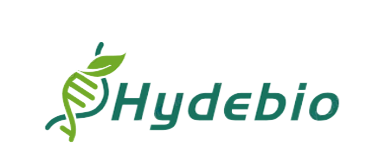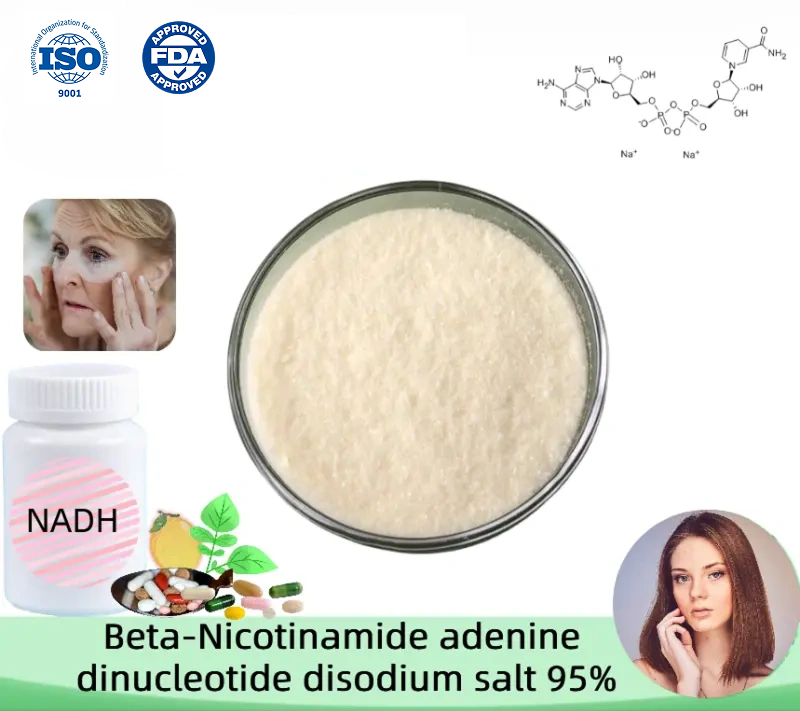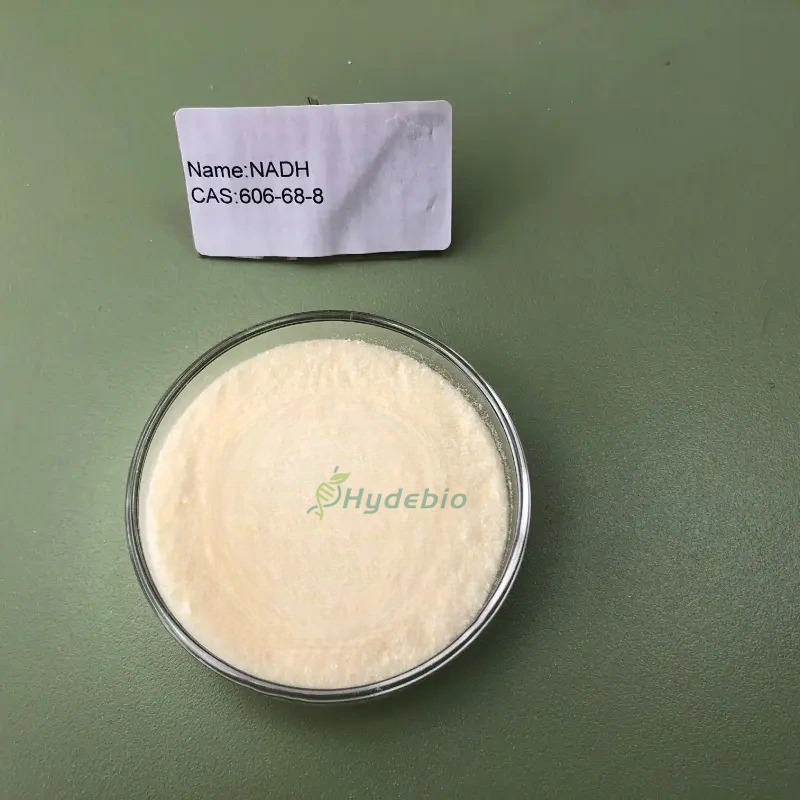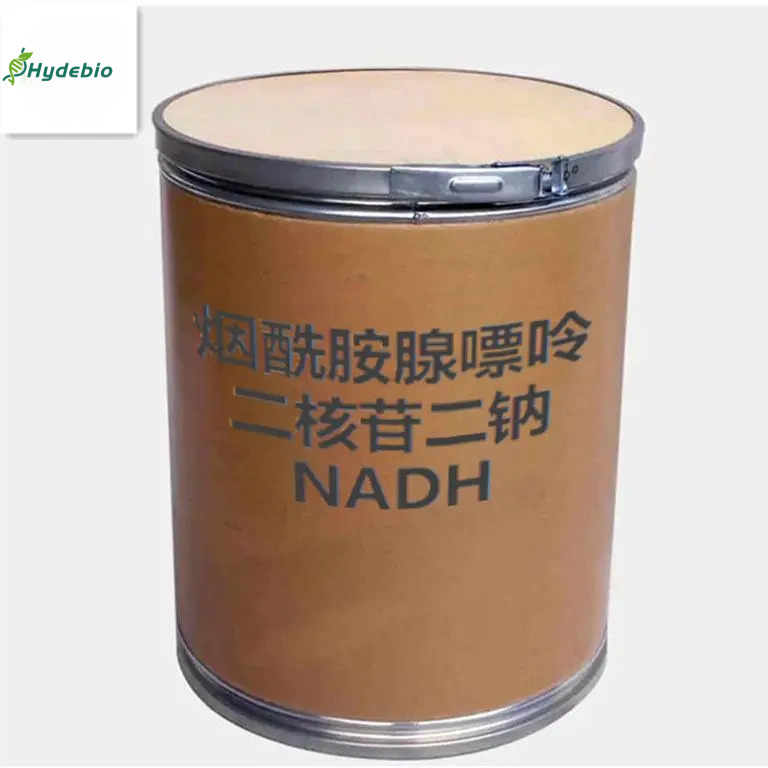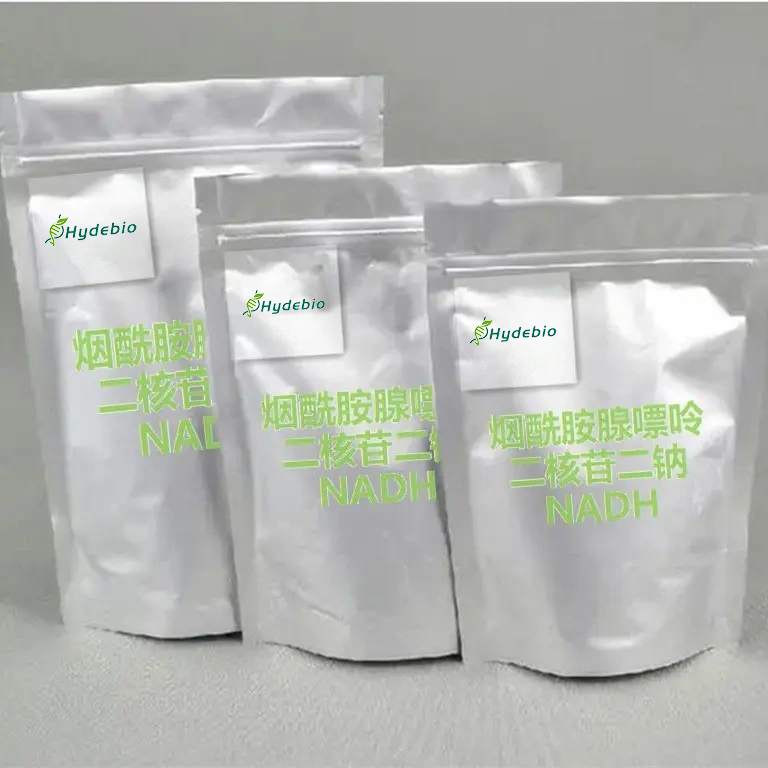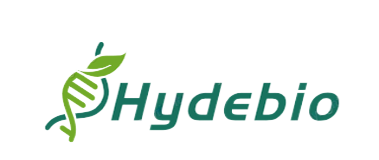Description
NADH is a biomolecule involved in intracellular energy metabolism. It is an important coenzyme in converting food molecules such as glucose and fatty acids into ATP energy. NADH is the reduced form of NAD+ and NAD+ is the oxidized form. It is formed by accepting electrons and protons, a process that is crucial in many biochemical reactions. NADH plays a vital role in energy metabolism by providing electrons to promote intracellular redox reactions to produce ATP energy. In addition to participating in energy metabolism, NADH is also involved in many other important biological processes, such as apoptosis, DNA repair, cell differentiation, etc. NADH’s role in these processes may be different from its role in energy metabolism. NADH plays an important role in cell metabolism and life activities. It is not only an important player in energy metabolism, but also participates in many other important biological processes and has a wide range of applications.
